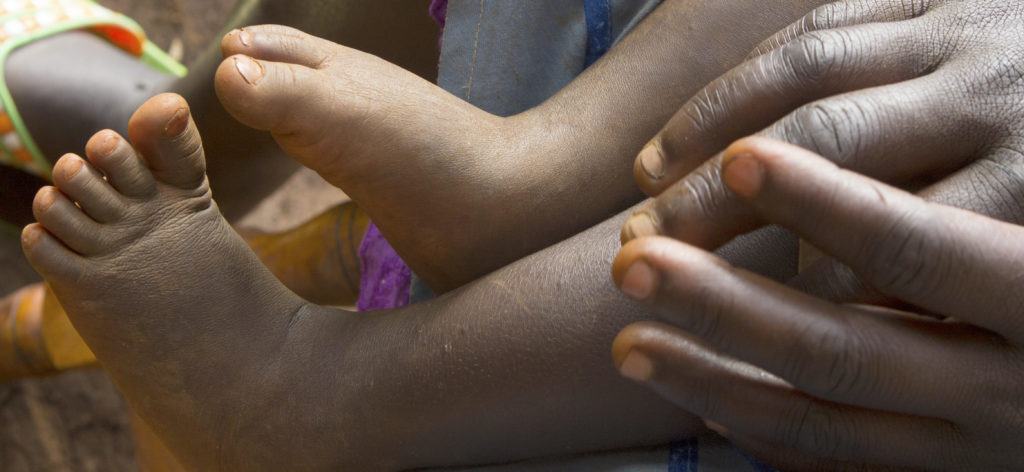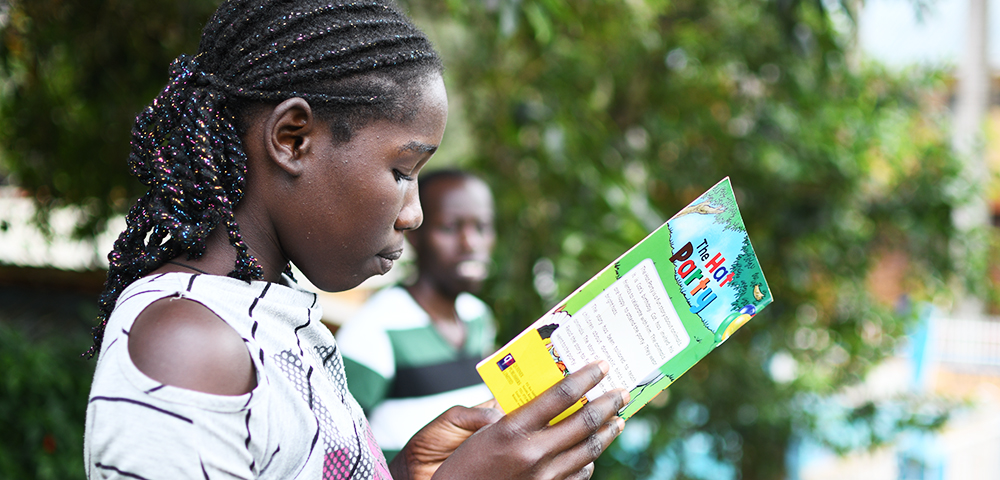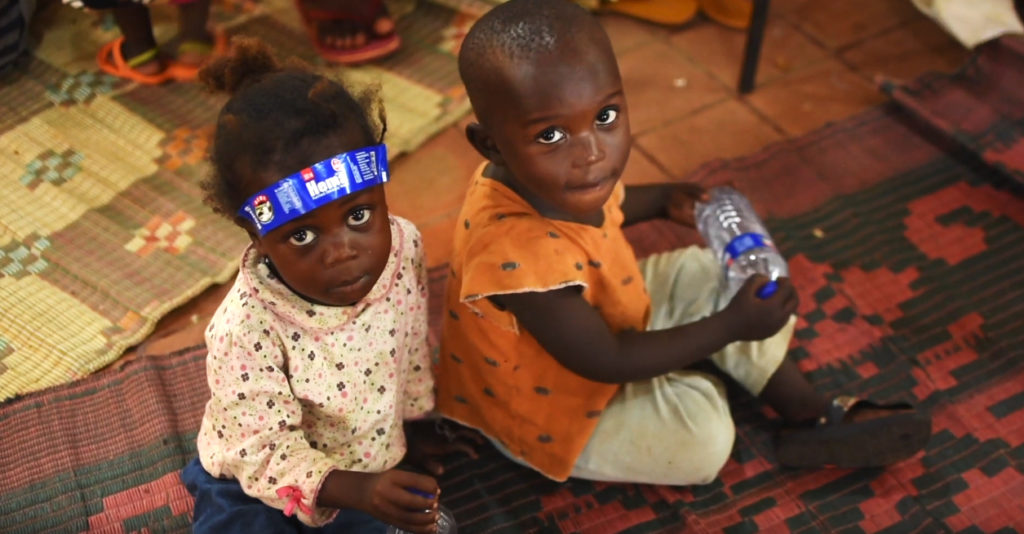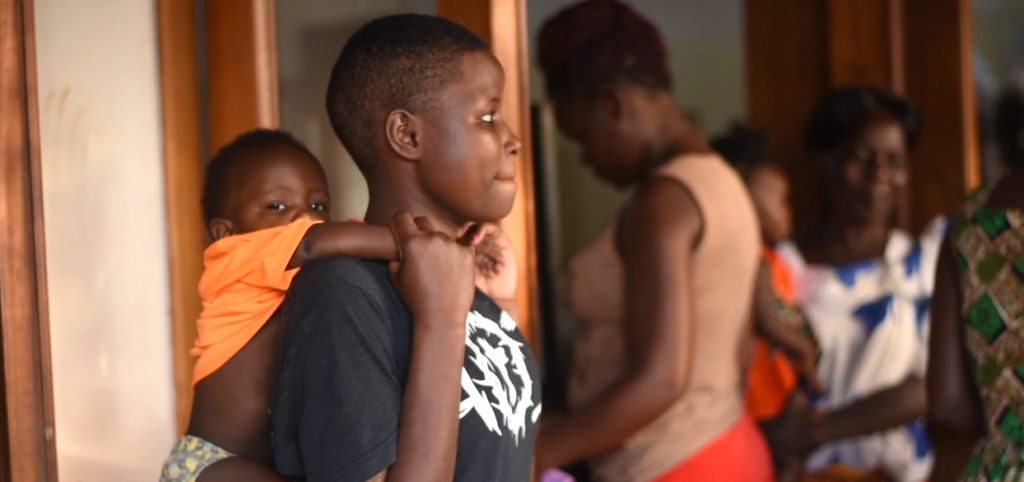
BY ELEANOR SIMPSON
With the support of Viva and its partner network, CRANE, teenage mothers in Kampala, Uganda, are now able to return to school whilst free child care is provided for their babies.
They also receive training, which provides them with knowledge about how to best take care of their young children.
The family and an education: two critical aspects of our upbringing that are often taken for granted.
They nurture us, help us build relationships, and help us develop the skills needed to be able to participate and succeed in adult life.
With one in four girls in Uganda bearing children before the age of 18, the chance for education in a large number of cases is stripped from them, due to parents being unwilling or unable to look after the child whilst they attend school.
However, CRANE’s work – supported by Viva and the UK government’s Department for International Development – is successfully continuing to remove this barrier.

Through the bringing together of child care workers, CRANE’s Creative Learning Centres and Emergency Baby Care Centres focus on giving young vulnerable mothers the skills to bring up their child well and, whilst allowing them to go and fulfil their own potential, knowing their child is in safe hands.
When the girls do return to school, CRANE ensures that all Emergency Baby Care Centres are equipped with all the necessary resources to allow vulnerable children to develop vital skills in a their early years, such as having toys, which give the ability to learn new skills, play and share.
The centres’ flexible nature also allows young mothers to drop their children off on the way to school and pick them up on the way back. Monthly allowances received from CRANE provide all the things required for a happy, healthy childhood, including food, nappies, milk formulas and toiletries.

The work of Community Mentors plays a significant role in training young girls alongside their families, whilst also providing parents and grandparents opportunities for employment in Emergency Baby Care Centres.
Building these good family relationships is such an important factor in contributing to the mental health of young people, and teach how to build trust in one another.
Therefore, CRANE ensures that all teachers in Creative Learning Centres are not only trained in teaching and learning, but also in family learning days, which increase the interaction between families and the school.
Shalwah: “I have learned co-operation with others, to be determined and to be confident in what I’m doing.”
Sandra: “I’m glad that I’m in CRANE because it has given me many things that I cannot tell.”
Justine: “It’s all about how these young mothers, how they should care about their children, how they should feed their children.”
Unfortunately, there are many barriers to having an education in Uganda. Ten per cent of 6-12 year olds have never attended school and, although enrolment in primary school has increased, one in five girls do not attend secondary school, missing the chance to further develop skills, relationships and knowledge.
Still being children themselves, many young mothers struggle with, or simply do not have, the knowledge on how to ensure that their baby grows into a healthy child, such as awareness on balanced and nutritious meals, which are vital for development.
At just 15 years of age, Patience fell pregnant and dropped out of school.
The birth of her son alongside her aim to keep it a secret from her parents resulted in her turning to drug dealing in order to provide for her child.
Sadly, this is just one story that is common to many young girls across Kampala.
These staggering facts show why we so desperately need and are blessed to have partner networks such as CRANE, whose training provided can be passed onto young girls, informing them of the nutrition and health and safety of their baby.
CRANE’s vision of giving children safe spaces and allowing them to fulfil their God given potential is becoming an increasing reality, with ten Emergency Baby Care Centres open, 60 trained teenage mothers, 20 trained caregivers, and six trained contact people.
This has had an overwhelmingly positive impact on young mothers, who now find themselves able to learn without distraction, and enlightened on how to care for their baby with training received.
Shalwah learned how: “To keep my child safe, to care for her, to be there for her.”

Back to Patience’s story, and thankfully there’s a happy ending. She was able to enrol into a Creative Learning Centre, where she continues her studies, and her mother can provide income from employment in the Emergency Baby Care Centre, as well as provide the needs of Patience’s son.
Thanks to this, she is now creating a path for her and her child’s future that is how God intended.
Happy to be back in education, Patience hopes to go onto vocational training after graduation.
Eleanor Simpson is a Year 12 student from Abingdon, and spent a week doing work experience at Viva’s office in Oxford
